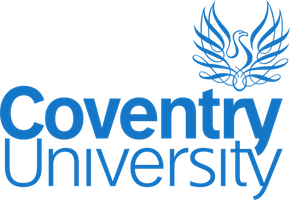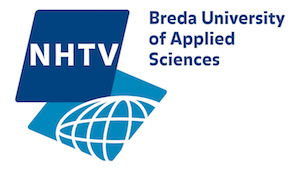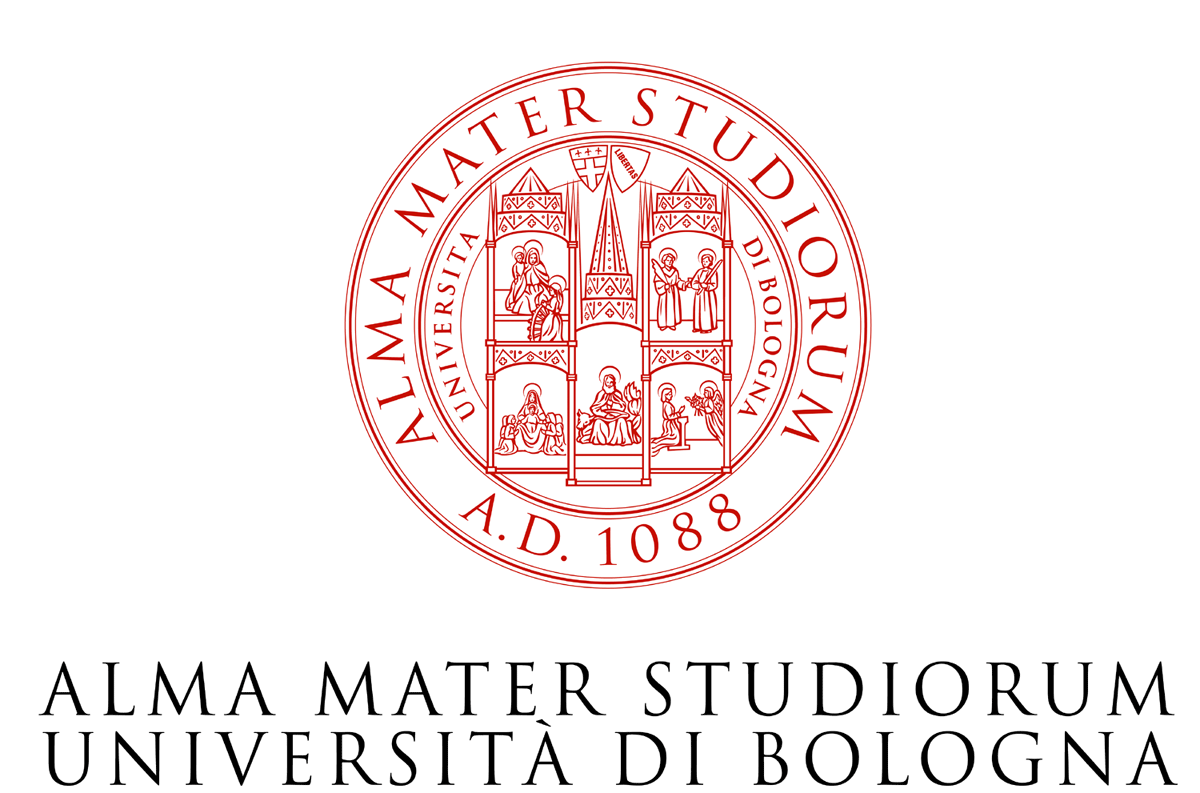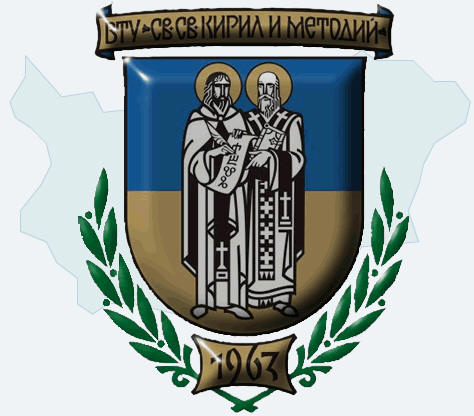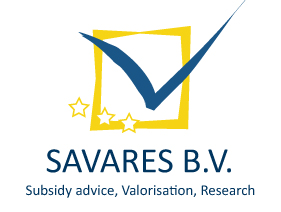The goal of this assessment framework is to provide teachers and evaluators with a unique and consistent list of entrepreneurial and social competences, their definitions and operationalisations, and a set of practical assessment tools which allow the measurement of students’ mastery in entrepreneurial and social transversal competences.
The final proposed assessment framework has been developed through a multi-step method including (1) a baseline analysis mapping the current educational environments and practices in teaching and assessing transversal competences, (2) the selection of assessment elements, methodology and tools, (3) the pilot testing of the assessment framework through two virtually-enabled, real-life business cases, (4) analysis of data and further refining of assessment tools.
The assessment framework breaks down the Entrepreneurial and Social competences into five macro-areas of competence:
- • Critical and analytical thinking or problem-solving attitude, including risk assessment
- • Creativity and innovation
- • Positive attitude and initiative
- • Team-work and collaboration
- • Communication
In turn each of these macro-areas were broken down into specific sub-competences as shown below:
- ○ Critical and analytical thinking or problem-solving attitude, including risk assessment
-
- • Problem solving attitude
- • Recognising opportunities
- • Risk management
- ○ Creativity and innovation
-
- • Creativity and lateral thinking
- • Adaptability
- • Innovation
- ○ Positive attitude and initiative
-
- • Self–assessment
- • Growth mindset
- • Emotional intelligence
- • Perseverance
- • Coping strategy
- ○ Team-work and collaboration
-
- • Group work and team management
- • Conflict resolution
- ○ Communication
-
- • General communication
- • Interaction
- • Presentation
- • Negotiation
This identification of sub-competences in each macro-area allowed the SOCCES project to identify specific instruments that could be used to assess each sub-competence.
Using these instruments, each sub-competence can be assessed according to the three students’ mastery levels of introductory, intermediate and advanced. These introductory, intermediate and advanced definitions and the tools that can be used to assess the sub-competence can be accessed on the right. The complete assessment framework document is also available to download on the right.



